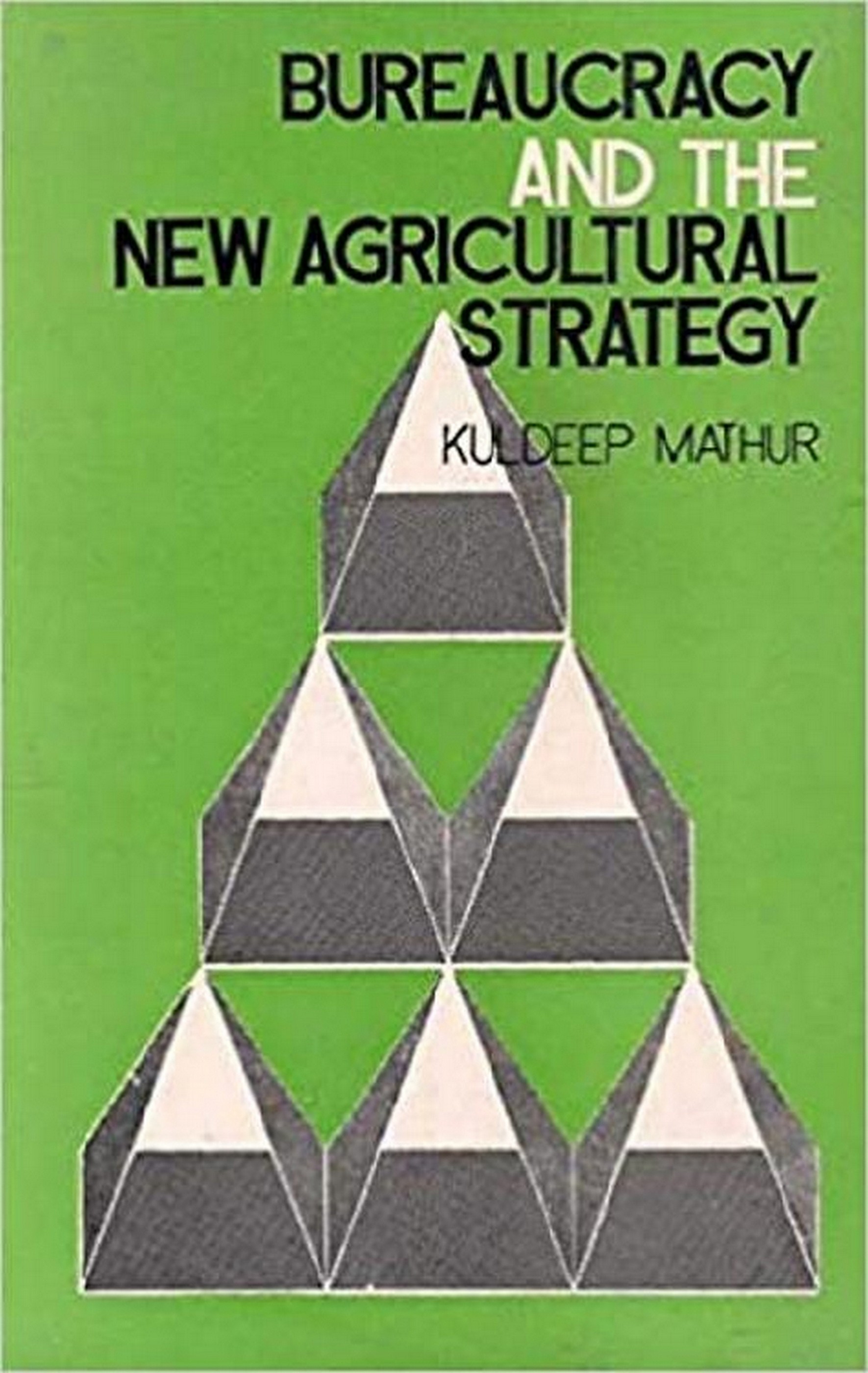This book takes stock of the socioeconomic conditions of the artisans in the eighteenth century India, with special reference to eastern region. Tracing the history of survival of the artisans in the wake of colonial onslaught, it discusses in detail the colonial policy of monopolisation of production, the gradual demise of artisans’ economic status and their resistance to formidable European companies. It also explores East India Company’s relations with their European counterparts. Based mainly on Francis Buchanan’s Account, Fort William-India House Correspondence and two vernacular literatures, Naqsh-e-Paidar and Yadgar-e-Rozgar, the book challenges many cherished notions of prosperity in the second half of the eighteenth century. The book will be of great use to the students of history and sociology, researchers, policy makers and development workers.












